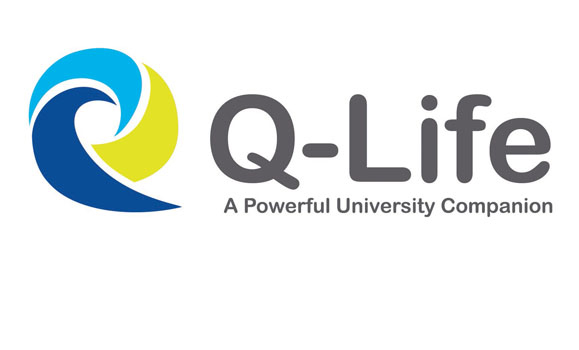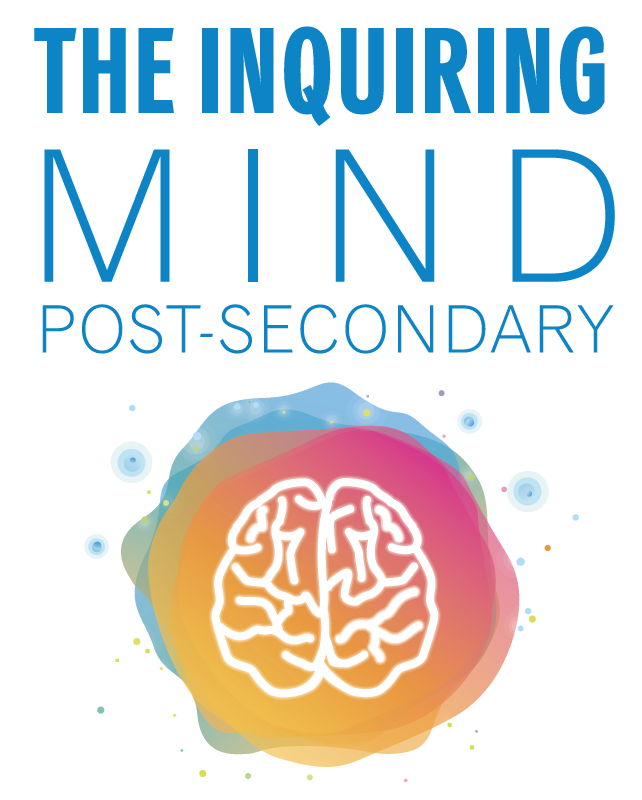Resilience
Resilience, the ability to bounce back in the face of challenge and adversity, is essential for personal growth and development. It is also an important part of your academic journey as well.
Resilience provides us the capacity to accept challenges and manage the impact of adversity. It promotes survival in the most trying circumstances (like a pandemic) and promotes wellbeing under better circumstances. It’s an important component of your mental health.
How can you ensure you’re building resilience while trying to navigate the uncertainty that COVID-19 has caused? Below are some skills you can work on that help build resilience.
4 skills to build resilience
1. Deep breathing
Taking cleansing breaths has been scientifically proven to deliver oxygen to the heart, gut and brain. This helps calm the mind and body, and improves concentration and focus. Taking deep breaths can be especially helpful as a short-term, fast solution to dealing with a negative or uncomfortable situation or experience.
2. Visualization
Visualizing helps to mentally prepare you for the “what ifs”. Visualization can release stress and anxiety, because it builds concentration and confidence around situations that could occur. Visualizing yourself responding positively to a situation that is uncomfortable or unideal will help you feel more prepared and resilient.
3. Positive Self Talk
What we say to ourselves is important. If you notice your thoughts are turning negative, try to challenge them. Instead, try to focus on thoughts that are more positive, gentle or helpful. Remember, anxiety is driven by three main features of a situation: unpredictability, uncontrollability and importance. The COVID-19 pandemic has all three of those features, so it’s normal to feel some level of anxiety.
4. Goal Setting
Set SMART (specific, measureable, achievable, relevant and timebound) goals for yourself. Goal setting is a process that promotes purpose and agency. Goal setting skills allow us to prioritiZe what is important, establish what we would like to achieve and identify the benefits we expect to experience. We then plan and demonstrate purposeful actions aligned with achieving the goal. Finally, we establish accountability measures to ensure our progress is tracked and most importantly, celebrated. Goal setting builds confidence, capability and resilience.
Dal resources to build resilience
Q-Life Resilience Project
The Q-Life Resilience Project is an online program that is intended to address feelings of being overwhelmed, anxiety, and perceived stress through proven skill development like mindfulness, nutrition, cognitive hygiene and problem solving, to name a few.
The Inquiring Mind
The Inquiring Mind is an evidence-based program designed to address and promote mental health and reduce the stigma of mental illness in an educational / student setting. It is currently being offered virtually.
TAO
Offered through HealthyMindsNS, TAO Self-Help is an online mental health library with interactive modules to help you understand and manage how you feel, think and act.


